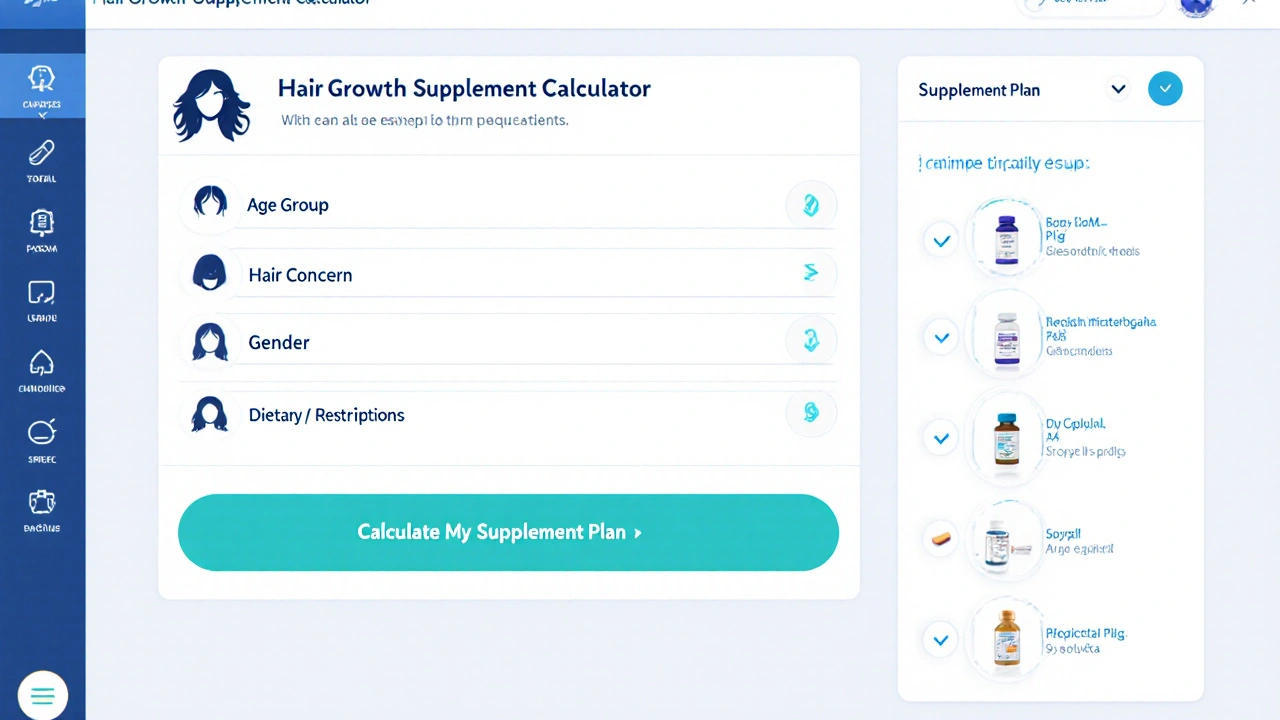Biotin Supplement Guide: What It Does and How to Use It
If you’ve ever Googled "how to grow longer hair" you’ve probably seen biotin pop up a lot. Biotin, also called vitamin B7, is a water‑soluble vitamin that your body needs for turning food into energy. Most people hear about it because it’s linked to stronger hair, clearer skin, and tougher nails. In this guide we’ll break down the real benefits, the right dose, and what to watch out for.
Why People Take Biotin
Biotin supports the production of keratin, the protein that makes up hair, skin, and nails. When keratin synthesis is efficient, you often notice less breakage, shinier strands, and fewer split ends. Some studies also show biotin can help keep the skin barrier healthy, which may reduce dryness and redness. For people with a confirmed biotin deficiency, the supplement can correct symptoms like hair loss, rash, or fatigue.
How Much Should You Take?
The recommended daily allowance (RDA) for biotin is tiny—about 30 µg for adults. Over‑the‑counter biotin supplements, however, usually come in 2,500 µg to 10,000 µg doses. Those higher amounts are generally safe because excess biotin is flushed out in urine, but they’re not necessary for most folks.
If you’re just looking for a cosmetic boost, start with a low‑dose product (2,500 µg) and see how your body reacts. Take it with a meal to improve absorption. Most people notice changes after 8‑12 weeks of consistent use; hair grows slowly, so patience is key.
People with certain conditions—like pregnancy, chronic kidney disease, or those on anti‑seizure meds—should talk to a doctor before starting biotin. The vitamin can interfere with lab tests, especially thyroid and hormone panels, giving false‑high results. Let your healthcare provider know you’re supplementing.
Natural food sources of biotin include egg yolks, nuts (especially almonds and walnuts), salmon, and leafy greens. Adding these foods to your diet can give you a steady stream of the vitamin without needing a pill.
In summary, biotin supplements are a low‑risk way to support hair, skin, and nail health when used wisely. Stick to a modest dose, watch for lab test interference, and combine the supplement with a balanced diet for the best results.

Top Hair Growth Vitamins & Supplements for Thicker Hair in 2025
Discover the most effective vitamins and supplements for hair growth in 2025, with evidence‑backed rankings, dosage tips, safety advice, and a clear buying guide.